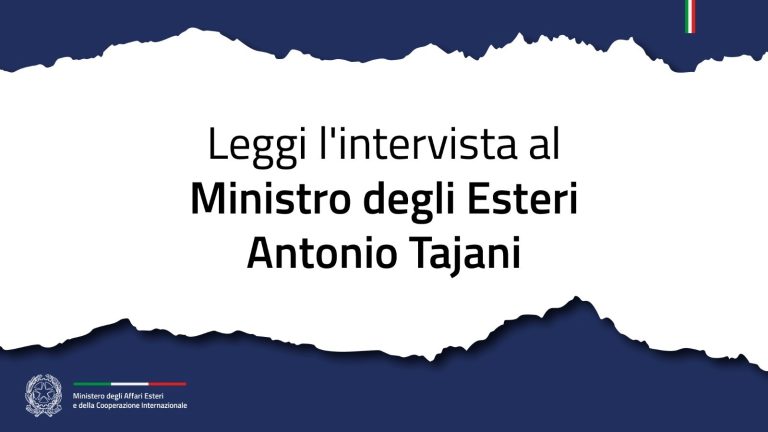The strategic management of a ‘pro-business’ country-image and the positioning of a country in international competitiveness rankings, are key issues for development and growth. In 2016 the European House – Ambrosetti in conjunction with ABB, Toyota Material Handling Europe and Unilever, launched the initiative titled “Global Attractiveness Index” with a view to providing Italian and international decision-makers with an innovative and reliable index of attractiveness. The index would offer a well-defined representation of a country’s attractiveness and sustainability, while at the same time providing reliable information regarding the choices in terms of attractiveness, growth and the enhancement of a pro-business environment.
The European House – Ambrosetti, following the success of the initiative’ s first year, has launched the second year of activity. The Report, which was presented on 13 June 2017 at the Farnesina in the presence of Minister Alfano, summarized the findings of the second year of activity of the Global Attractiveness Index Advisory Board. The Board has carried out a detailed analysis of the methodologies used to construct the main international rankings. By focusing on the problem-areas it was able to find out, it has built an innovative and reliable index of attractiveness—the Global Attractiveness Index – to present to the business community and policy makers. The Index sets out to fill the gaps that the Report has identified by conducting a thorough analysis of the most important international rankings. As a result, the Board has adopted an advanced conceptual approach and methodology that is fully in line with international best practices regarding composite indicators.To date, many of the most dynamic and competitive Countries have developed specific Country-image communication strategies. They have set out to monitor and manage their Country’s positioning in international rankings. Moreover, it is worth pointing out that Italy has always positioned itself in the lower range of such rankings, whose methodological approach (for instance some rankings are based on qualitative surveys) leads to a misrepresentation and distorsion, sometimes quite significant ( as in the case of Italy), of the actual situation.For more information, please visit the website of The European House Ambrosetti.


